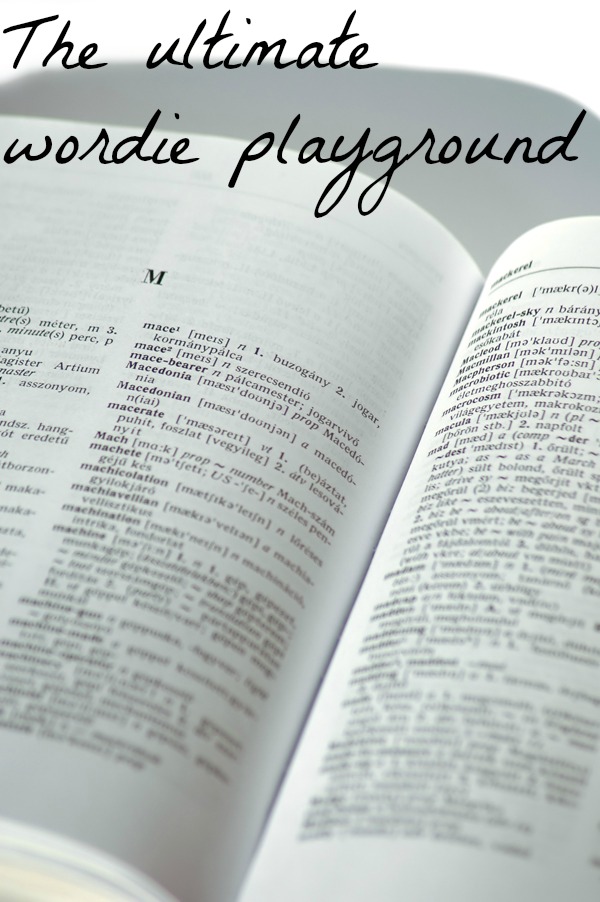Have you heard of The Global Language Monitor and Wordnik.com? These two online resources both offer a variety of definitions and cross-references so that we can not only have easy access to a dictionary, but also so that we can keep up with pop culture and find out about the new words and terms being tossed around these days. For wordies (the literary equivalent to foodies?) everywhere, this is an exciting time indeed.
The Global Language Monitor appears to be a cross between a news source and a dictionary. There are a few issues with this site—it is a little tricky to navigate, and at first glance it is difficult to pinpoint precisely what this resource does. Ultimately, it is a record of every word in the English language, and it follows the trends of words and phrases within politics and everyday life. To know the latest of what’s going on with the English language and how we are affected by it, check out this Monitor. Although it focuses on the United States and would be more aptly named the American Language Monitor (particularly in regards to the news stories), it is still very inclusive: just one week ago, the Global Language Monitor celebrated its one millionth word. Wordie heaven indeed.
Wordnik.com is a little bit different. Besides being a helpful dictionary, Wordnik seems to be much like a fun fact generator but for words. For example, it states that the word “rhetoric” is worth 13 points in Scrabble, and is an anagram for “torchier”. Lest this self-described “place for all words, and everything about them” discriminate, Wordnik offers definitions coming from four different reputable sources. It also shares examples, synonyms, etymologies, and a graph illustrating the frequency of use of that particular word. There’s even a “search results” section for the word showing up on Twitter!
Wordnik is an ongoing project so there are bound to be a few flaws in this site, but when it comes to learning a bit about a random word and finding out interesting facts about it, this source is great. The site is very easy to use and the layout is clean and professional. It is set apart from traditional dictionaries because it “shows you what people actually do with language, not what we’d like them to do.” This means that Wordnik is also an opportunity for creativity, especially because, similar to Wikipedia, anyone can contribute. This could potentially lead to mistakes within their entries, but contact information is available all over the site to report typos and errors. Wordnik is basically the ultimate wordie playground.
The Global Language Monitor and Wordnik are definitely resources that I will be utilizing in the future. They are both learning tools and playthings rolled in one!
